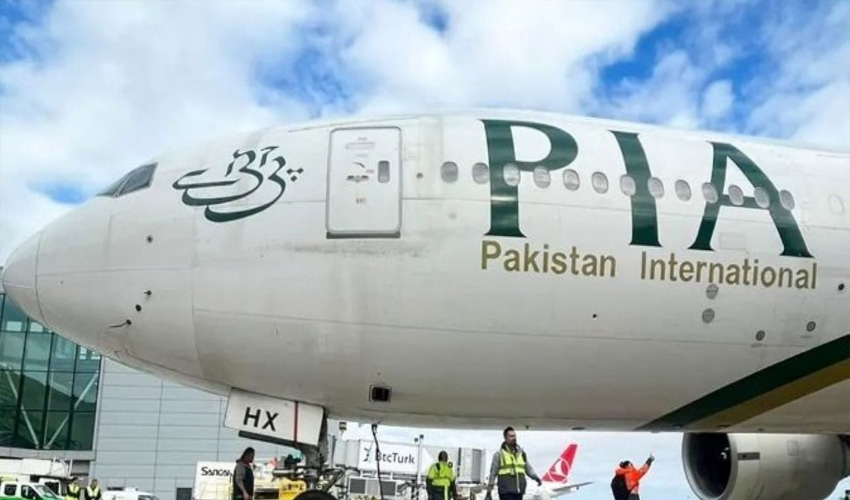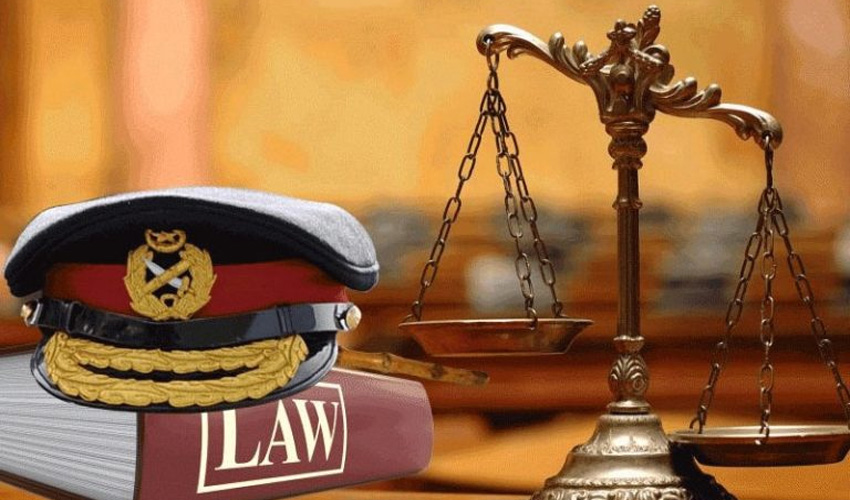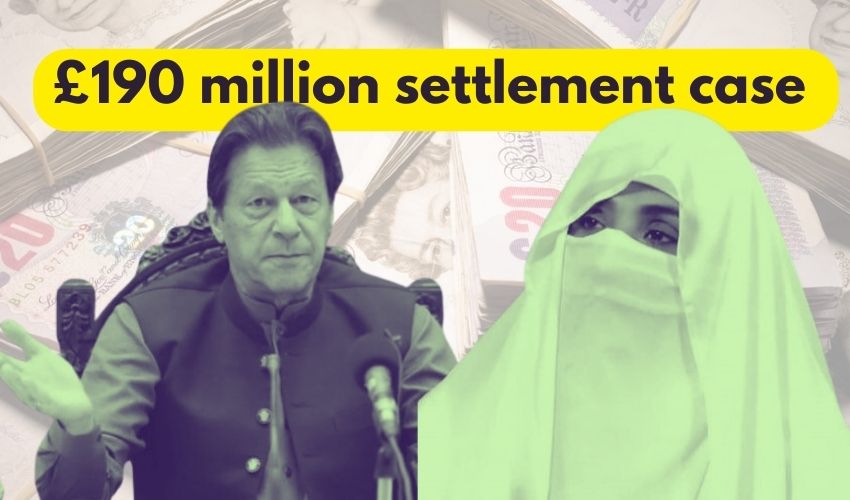The federal government has announced plans to invite fresh bids for the privatisation of Pakistan International Airlines (PIA) following concerns over the significantly lower offers received in the initial bidding process.
The decision was revealed during a meeting of the Senate Standing Committee on Privatisation, chaired by Senator Talal Chaudhry, where the reasons behind the lack of investor interest and below-benchmark bids were extensively discussed.
Federal Minister for Privatisation Abdul Aleem Khan stated that PIA’s re-privatization process is underway, with Prime Minister Shahbaz Sharif placing significant focus on the matter.
“PIA has the potential to become a profitable institution. However, the government must take bold decisions to facilitate its privatization,” Khan remarked.
PIA’s financial challenges
Briefing the committee, the minister disclosed that PIA’s cumulative losses stand at a staggering Rs830 billion. Of this, Rs623 billion has been transferred to a holding company, leaving Rs200 billion in liabilities with PIA.
He reiterated the need for privatisation to revive the airline and emphasised that the process, though challenging, remains vital for the national carrier's turnaround.
Drawing parallels to Air India’s privatisation, Khan noted that even the Indian airline faced five failed attempts before its eventual privatization. “We can learn from global examples. With strategic reforms and support, PIA too can attract credible investors,” he added.
The Secretary of the Privatisation Commission informed the committee that considerable groundwork has already been completed during the first privatisation attempt, making the re-bidding process shorter.
He also highlighted that certain investor demands, including tax waivers of Rs26 billion and the settlement of Rs10 billion in financing, had previously been obstacles to successful bidding.
Additionally, the Federal Board of Revenue (FBR) was criticized for not removing GST on the procurement of new aircraft. Khan argued that such taxes are uncommon in global aviation markets and hinder PIA’s competitiveness.
Despite PIA’s financial woes, the federal minister maintained that the airline possesses valuable assets, including profitable routes, which could make it an attractive investment opportunity.
He stressed that the privatization process requires collaboration across government ministries to address institutional inefficiencies and liabilities before seeking private investors.



























